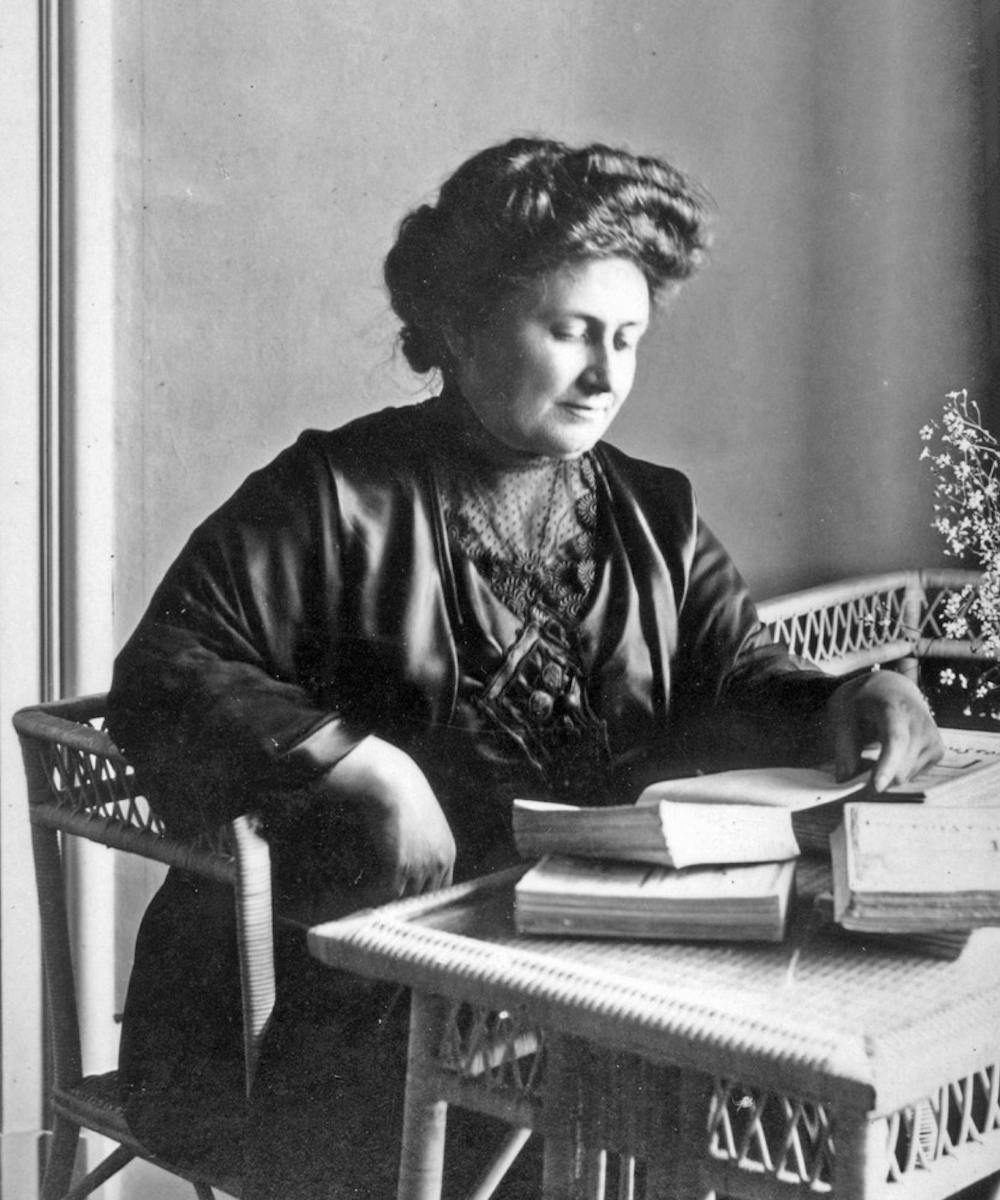Psychology Prof. Angeline Lillard published a study in October 2017 investigating the effects of a Montessori education on children, which examined the academic performances of children from different backgrounds such as low-income children or children with low executive function — a predictor of success in life — and found that there were no significant differences between children in these groups and other groups after attending Montessori.
In this study, Lillard used a lottery control to select for the children to be studied that went to a public Montessori preschool compared to the children that went to a conventional school. Since there was a random lottery for children to be able to attend the public Montessori school, Lillard was able to follow the students who won the lottery as well as those who were not selected and went to a conventional school. According to Lillard, it is important to account for any differences between parents who want their children to go to Montessori schools and those who do not as these differences may attribute to the performances of the children in school.
“[I]f you find differences between children in school A and children at school B, it might be the school causing the difference, or it might be that particular kinds of parents with particular interests are more attracted to a school like A more than a school like B,” Lillard said.
Using this method of selecting students, Lillard’s study had a sample size of 141 children with parents that had no significant differences in demographics. Lillard then followed the performance of the children over several years and found that the children in Montessori schools had a better academic performance.
According to Lillard, different groups of children that typically had lower scores on achievement tests, such as low-income children and children with low executive function, performed well in Montessori schools.
“Low-income children by the end of the study were not significantly different from higher income Montessori or control children when those low-income children were in Montessori,” Lillard said. “But when those low-income children were in the business as usual control schools, they were performing worse by the time that they were five.”
Lillard said the current education system has room for improvement. In the current system, children from disadvantaged backgrounds continue to suffer and perform poorly. Some of the changes that can be implemented to improve the education system include incorporating aspects of Montessori education, which focuses on human development rather than assessment tests.
“Many people have a recurring nightmare that they show up for an exam and never even took the course,” Lillard said. “You know why is that? It's because tests are the focus. No Child Left Behind, the whole way we're doing assessments, the way we're rewarding teachers — it's all based on how children do on tests. Montessori, by contrast, is aimed at human development — how can we help people develop their capabilities more fully.”
Assoc. Curry Prof. Patricia Jennings was a Montessori school teacher herself for 22 years. According to Jennings, Montessori schools differ from conventional schools in several ways. For instance, Montessori programs promote independent learning by having many different activities students can choose to engage with on their own.
According to Greenbrier Elementary preschool teacher Robyn Davis, who has been teaching preschool for 20 years, conventional classes are led by teachers more than in Montessori. However, Davis said that the primary focus in preschool is for students to foster relationships, and academics are a secondary concern.
“We want the kids to want to come to school and be happy,” said Davis in an email to The Cavalier Daily. “It is all about building community with the students and their families. This, in the long run, will help the students to reach their full potential.”
Jennings said another difference between the two systems of schooling is that the children in Montessori classes come from different age groups. This mixing of different ages promotes self-learning.
“So typically you have children across three ages in a classroom, and this is helpful because when a younger student needs help, an older student can help them,” Jennings said. “And also, the older student learns more by being a helper — they learn how to consolidate their learning by showing a younger child how to do something, and it frees the teacher from having to help kids when they need help.”
According to Jennings, the mixing of age groups is also beneficial as children develop at different rates. Therefore, children can find peers who they can relate to more easily that might be older or younger due to this variability in development.
“For example, one child might be more developed socially, emotionally and less developed academically,” Jennings said. “So they can find a more advanced peer in the social, emotional domain and maybe they can get some more support from the academic or cognitive domain.”
Jennings was not surprised by the findings of Lillard’s study that children who typically underperform in conventional schools were able to perform better in Montessori schools. According to Jennings, Montessori schools incentivize children to learn as they are given more autonomy and freedom.
Jennings supports conventional schools adopting more of the practices used by Montessori schools. Jennings said that Albemarle County Public Schools are already moving towards offering students more autonomy in the classroom, for example. Lillard would, however, like more research to be conducted on Montessori programs and their long-term outcomes because a lot of evidence supporting the use of Montessori schools is anecdotal.
“I would like to see policy bring us both good, high-quality Montessori and more research into Montessori and its outcomes,” Lillard said.






